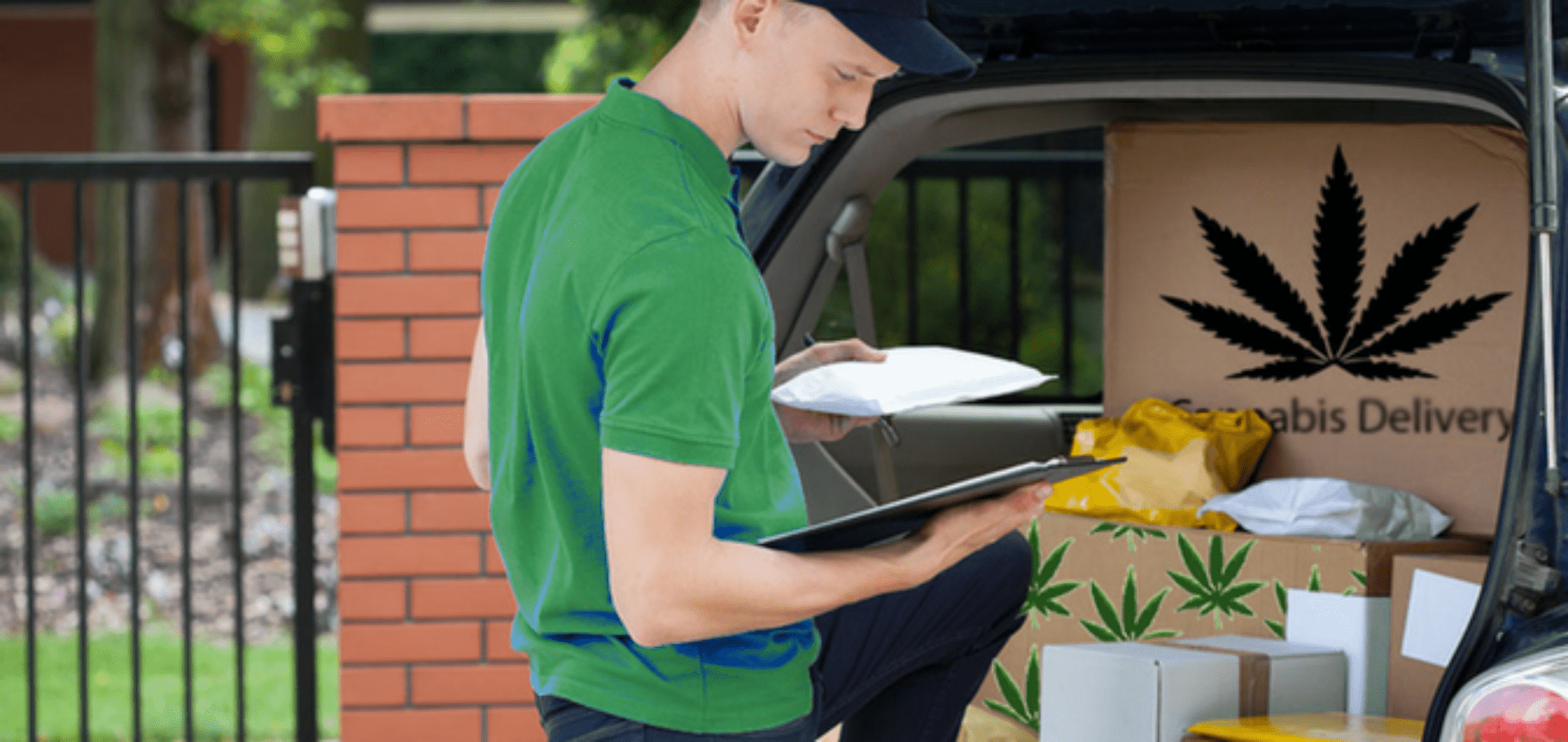The rapid expansion of cannabis delivery services in the U.S. is pushing dispensaries and logistics teams to adopt new technologies focused on safeguarding drivers, securing deliveries, and improving customer protection.
Among these tools, dash cameras have become a hot topic—lauded for their security benefits but raising concerns over privacy for both employees and consumers. In a high-risk, highly regulated industry like cannabis, finding the right balance between surveillance and trust is more important than ever.
Why Dash Cams Are Becoming the Norm
Cannabis delivery vehicles are particularly vulnerable to theft, vandalism, and liability claims. With high-value products and large amounts of cash in transit, dash cameras offer a practical layer of protection. Not only can they deter would-be criminals, but they also provide evidence in case of traffic accidents or disputes with customers.
For businesses, footage from dash cams helps with employee accountability, verifying deliveries, and investigating any claims of misconduct. In some cases, insurers even offer discounts to delivery companies that use dash cameras, citing reduced risk exposure.
“Video evidence is becoming an indispensable asset in cannabis logistics,” says Trevor Banks, a security consultant specializing in cannabis operations. “It’s not just about protecting products—it’s about ensuring safety for everyone involved.”
The Privacy Dilemma
Despite their benefits, dash cameras—especially those with inward-facing lenses—have sparked debate about employee and customer privacy. Drivers often spend their entire shift in delivery vehicles, and constant surveillance can feel intrusive, even if meant for their protection. Moreover, when making deliveries to private residences, customers may be uncomfortable being recorded, especially if they’re concerned about discretion or stigma.
Some states, like California and Massachusetts, have stringent privacy laws that govern video recording, including the need for consent. This creates an extra layer of compliance cannabis companies must navigate, especially when recording audio in addition to video.
Employee advocates warn that continuous monitoring can erode trust and morale. “It’s important to ensure dash cam use doesn’t turn into micromanagement,” says Maya Ortiz, a labor rights representative for delivery drivers in Southern California. “There’s a line between keeping drivers safe and making them feel like they’re being watched every second.”
Striking a Balance: Best Practices
To find the middle ground, cannabis delivery operators are adopting policies that promote both safety and respect for privacy. Many now choose outward-facing cameras only, which record road incidents without capturing driver behavior or customer interactions. Others install interior cameras that only activate during incidents, such as sudden braking, speeding, or vehicle entry.
Transparency is also key. Dispensaries should clearly communicate dash cam policies to both employees and customers. Training drivers on how footage is used—and protected—can help alleviate concerns and reinforce trust.
Some companies take it further by anonymizing and encrypting data collected from dash cams, ensuring footage is only accessible under specific circumstances and never used for discipline without cause.
The Road Ahead
As cannabis delivery becomes a staple of the retail experience, the use of dash cameras will likely expand. However, businesses must tread carefully. Striking the right balance between safety and privacy isn’t just a compliance issue—it’s a matter of ethics and trust.
In an industry built on care, discretion, and personal choice, respecting the privacy of those involved in the cannabis delivery chain will be just as important as securing the product itself.

